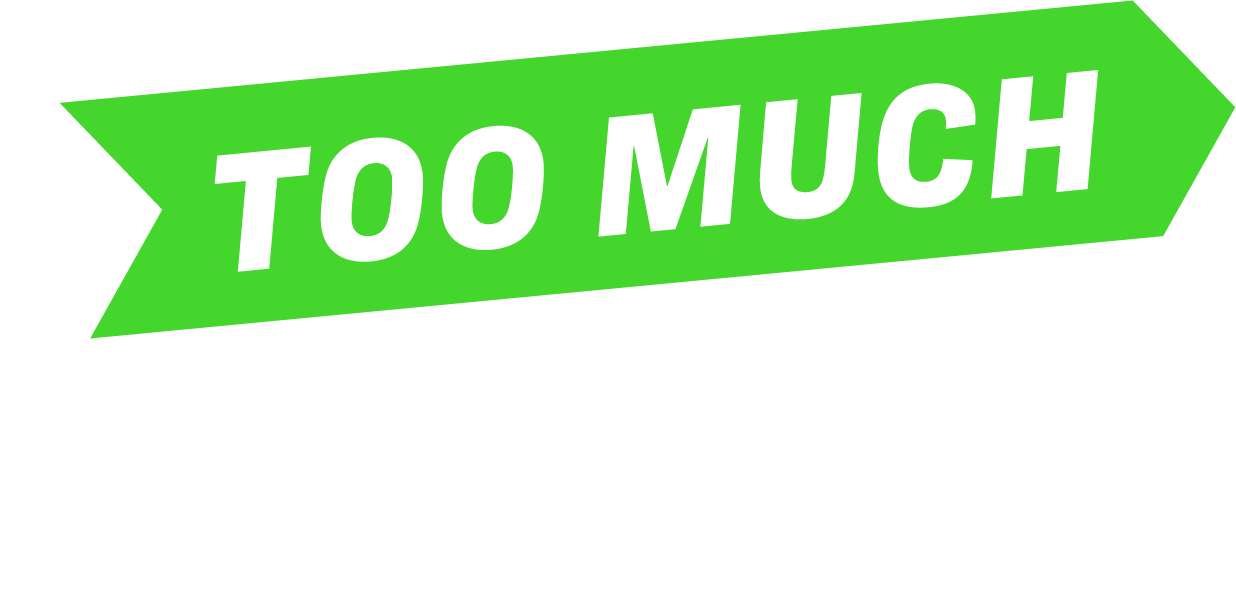Risks Factors for Prescription Drug Misuse and Abuse
What is the Difference Between Drug Misuse and Drug Abuse?
Although the terms drug misuse and abuse are sometimes used interchangeably, there are differences between the two.
Misuse
Misuse of a medication occurs when you take medication in a way other than how it was prescribed but are not looking to get “high”.
Abuse
Abuse of a medication occurs when you use prescription medication without a prescription or are using it to get “high”.
What may Make Service Members More Likely to Misuse and Abuse Medications?
Compared to the general population, Service members are just as likely to abuse prescription medications. However, as a Service member, you can face unique physical and mental stresses that can affect medication misuse or abuse. Factors that may increase the likelihood of a Service member misusing or abusing medication include: Musculoskeletal injuries (MSKI) or other types of duty related injuries: Service members with a MSKI from training or duty related activities, such as lifting heavy loads, may be prescribed an opioid medication to help with pain. A large amount of drug abuse comes from opioid medications due to their addictive nature. In a recent study 9.49 million people (about half the population of New York) aged 12 and older were found to abuse opioids. Combat or deployment: Conditions such as post-traumatic stress disorder (PTSD) from experiencing combat, or long deployments where Service members are away from loved ones, can have a significant impact on their mental health. Research has shown that opioid use disorder is higher among those with PTSD for chronic pain patients compared to those without PTSD.
What Other Factors are Associated with Drug Misuse and Abuse?
In addition to military-related experiences there are general risk factors that can increase a Service member’s risk for misusing or abusing prescription drugs. These include: How a medication is prescribed: Medications prescribed for long periods of time, in higher dosages or that are extended release or long-acting version (when a medication is slowly released into the body and only taken once or twice daily) can increase the risk of a person misusing or abusing the medication. History of addiction: Individuals that have previously dealt with alcohol, tobacco or other addictions put a person at greater risk for misusing or abusing medications. Mental health: Individuals with mental health conditions such as anxiety, depression and PTSD may be more likely to misuse or abuse medications. Physical health: Individuals that have physical health conditions such as chronic pain or fatigue may be more likely to misuse or abuse medications. Sex and age: Prescription drug misuse and abuse are more common among men and persons between the ages of 18-25.
What are the Signs of Medication Misuse or Abuse?
Medications can be misused or abused without you meaning to do so because you may not realize what misuse or abuse looks like. Here are some examples of how medications can be misused/abused:
- Taking a medication in a greater quantity than prescribed: If the doctor’s directions are to take a medication every 6-8 hours but you start taking it every four hours, if you are only supposed to take two pills at a time but take three, or if you are only supposed to take a medication for five days but take it for 10, these will all result in you taking more medication than prescribed.
- Taking a medication for a different reason than what it was originally prescribed for.
- Using someone else’s prescription medication or giving someone else a medication you were prescribed.
- Mixing a medication with alcohol to get stronger effects.
- Using a medication to get “high”.
What you can do to Prevent Medication Misuse and Abuse
Understanding why a medication is prescribed to you and only taking it as directed can help you avoid misuse or abuse of medication. If you notice a medication is not helping relieve your symptoms, talk to your healthcare provider to see if they can prescribe a different dose or medication. Always safely dispose of old or unused medications to prevent misuse or abuse in the future.
